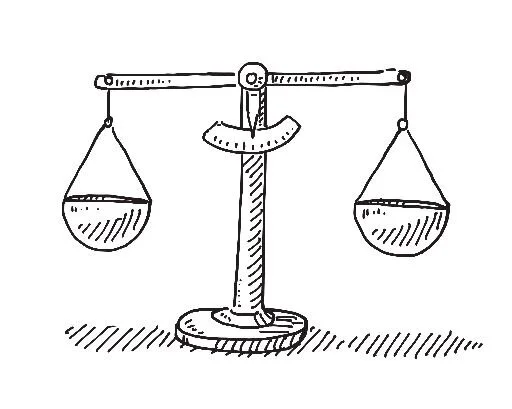Nine Things You Need to Know About Mediation During the Pandemic
/[updated from April 2016 article]
Many people think mediation is simply an alternative to a legal suit, but it can be much more. It can create a more empowered and productive workplace environment, including a system in place that addresses conflict early on to avoid costly formal intervention.
Now is a crucial time to learn mediation techniques and have a mediation plan in place before you actually need it! Why?
According to a research study released in June 2020 by the Society for Human Resource Management (SHRM), 53% of more than 400 small businesses surveyed are “somewhat or very concerned about increased risk of lawsuits and liability while reopening amid COVID-19.”
As a business leader faced with challenging decisions during this pandemic period (with no clear end-date in sight), it’s important to be informed about mediation services and how they can support your organization.
Nine things you should know about mediation
Parties feel more comfortable expressing their viewpoints honestly. Being able to openly express themselves without fear of criticism or reprisal allows everyone involved to be heard.
The cost is less than legal proceedings could be. Mediation can resolve a dispute before it goes as far as the courts. By the way, the costs are not only monetary — feelings, trust and goodwill are also kept intact, or even created where they didn’t exist before.
Resolution is often quicker. Court cases can draw out into months and even years (ergo, the high cost). A mediation session can often have the matter solved within days, reducing workplace disruption.
Confidentiality is maintained for both employees and the company. Mediation is a private and internal matter which doesn't subject any of the parties to the public view that could have a negative effect on the company’s reputation, an employee’s professional future, or investor confidence.
Disputes based on allegations have a greater chance to be resolved by trained expert facilitation. Issues such as bullying, harassment or feeling discriminated against can arise without actual evidence to show. Mediation uncovers the ‘why’ behind the allegations to get to the truth of what happened, and makes recommendations to management as to next steps.
Being able to be heard impartially inspires confidence in your people. With an outside party involved, nobody feels they may be subject to favoritism or ignored.
The mediator offers an outside view of the situation. When emotions are running high, as they are in most conflicts, nobody is seeing clearly. An outside observer will see things that those close to the situation miss.
All parties are allowed to feel they have some control of the situation. Everyone involved has an equal chance to have their say, they can stay or leave, and they feel more like they are having a discussion than being put on trial.
Mediators are informed about, or have access to answers for, best practices and compliance considerations so you can better meet compliance requirements and avoid employee complaints or challenges.
Help with reopening your workplace and adapting to “new norms”
Mediation can save not only relationships within a company, but the company itself in two major ways: 1) initiating a mediation system before conflict arises, and 2) help you navigate the choppy waters of reopening.
Here are just some of the considerations you may be facing, all of which could trigger conflict and backlash — again, from SHRM:
New OSHA guidelines
Workplace COVID-19 compliance and guidelines; high-risk workers, employee travel (personal or for-work),
EEOC updates, coronavirus-related guidelines; and responsive DEI policies
Operations changes such as employee benefits, compensation/bonus changes, lost wages, US wage and hour issues, layoff policies and pay reduction
Internal culture, such as meeting etiquette (Zoom fatigue), personal time off, sick days/leave, onboarding new hires, addressing fears about returning to the workplace
A mediation mindset and professional support can be a crucial asset to your leadership and your organization, particularly during times of crisis. Click here to learn more about how mediation works.



When we join a company, partnership or team, our expectation is that everyone involved will exhibit professional behavior toward us and each other. Instead, it’s highly possible that we may become one of the more than 60 million adults in the United States who are affected in some way by bullying behavior at work.
What kind of behaviors are we talking about? Our definition is any interpersonal behavior that causes emotional distress in others sufficient enough to impede their productivity or disrupt organizational functioning. It isn’t just a personality conflict — it’s a chronic pattern of disrespectful behavior.